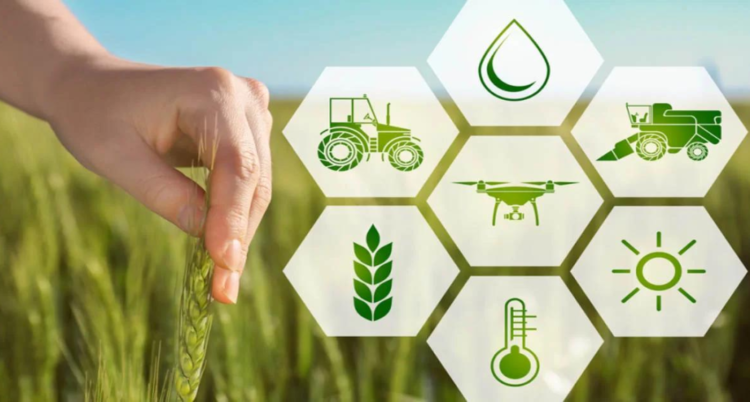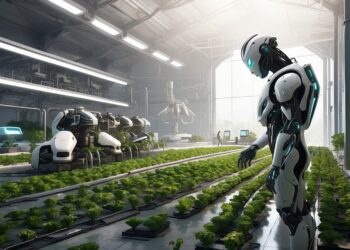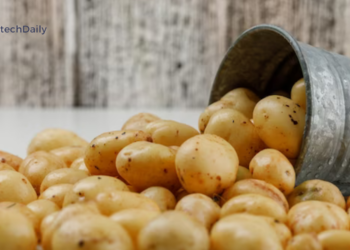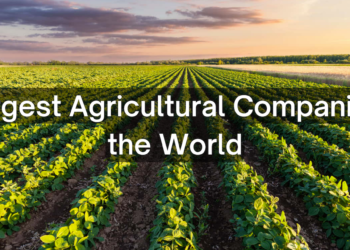Agriculture, often referred to as the backbone of civilization, has evolved far beyond its traditional image of tilling fields and herding livestock. In the modern era, the field of agriculture has expanded to encompass a diverse range of careers that cater to various interests, skills, and specialities. From cutting-edge technology to sustainable practices, the agriculture industry offers a plethora of growth opportunities for those looking to make a meaningful impact on food production, environmental conservation, and global sustainability.
In a world grappling with complex challenges like food security, climate change, and sustainability, careers in agriculture have taken on a new and profound significance. In this article, we delve into the world of Careers in Agriculture, exploring the diverse paths that await those who are passionate about agriculture.
What are the Careers in Agriculture for youth?
- Agronomy and Crop Science
Agronomists and crop scientists play a crucial role in maximizing crop yields and ensuring food security. They research and develop innovative cultivation techniques, study soil health, and explore ways to improve crop resilience against pests, diseases, and climate fluctuations. With the increasing demand for sustainable and efficient agricultural practices, agronomy professionals are instrumental in shaping the future of farming and it is one of the essential careers in agriculture.
- Agricultural Engineering
Agricultural engineers design and develop machinery, equipment, and structures that enhance farming operations. They work on tasks ranging from designing efficient irrigation systems to creating advanced automated machinery for planting, harvesting, and processing crops, it is one of the important careers in agriculture. As technology continues to revolutionize agriculture, the demand for skilled agricultural engineers is on the rise.
- Precision Agriculture and Remote Sensing
The integration of technology in agriculture has given rise to precision agriculture, where data-driven approaches optimize crop management. Professionals in this field use remote sensing, geographic information systems (GIS), and data analytics to monitor fields, analyze data, and make informed decisions which makes it one of the important careers in agriculture. This career path is at the intersection of agriculture, technology, and data science.
- Agricultural Economics
Agricultural economists study the economic aspects of agriculture, analyzing factors such as supply and demand, market trends, and pricing. They provide insights into optimal resource allocation, risk management, and sustainable agricultural policies. In a world where food security and economic stability are intertwined, agricultural economists play a vital role in shaping agricultural policies and practices, it is one of the essential careers in agriculture.
- Agribusiness and Supply Chain Management
Agribusiness professionals manage the entire supply chain of agricultural products, from production to distribution and retail. This includes roles in marketing, sales, logistics, and business management. As the global demand for food and agricultural products continues to grow, agribusiness offers a diverse range of career opportunities.
- Sustainable Agriculture and Conservation
Professionals in sustainable agriculture focus on environmentally friendly and resource-efficient farming practices. They work towards reducing the environmental impact of agriculture while ensuring food production. This field includes careers in organic farming, agroforestry, soil conservation, and sustainable livestock management. 
- Horticulture and Floriculture
Horticulturists specialize in the cultivation of fruits, vegetables, ornamental plants, and flowers. They work in settings ranging from commercial farms to botanical gardens, focusing on plant health, breeding, and landscaping. With the increasing emphasis on urban green spaces and aesthetics, horticulture offers a blend of creativity and science.
- Livestock Management
Careers in livestock management involve raising and caring for animals such as cattle, poultry, pigs, and sheep. Livestock managers ensure the well-being and health of animals, optimize breeding programs and implement efficient feeding and housing practices.
- Agricultural Education and Extension
Agricultural educators and extension agents play a pivotal role in disseminating knowledge and best practices to farmers, communities, and the public. They conduct workshops, demonstrations, and training programs to improve agricultural techniques and enhance rural livelihoods.
- Food Science and Technology
Food scientists and technologists focus on food safety, quality, and innovation. They develop new food products, ensure proper food processing methods, and work on food preservation techniques. This field is essential for maintaining high food standards and meeting consumer demands for nutritious and convenient products.
- Agricultural Journalism and Communication
Agricultural journalists and communicators bridge the gap between the agriculture industry and the public. They write articles, produce content, and engage in media campaigns to educate the public about agricultural practices, sustainability, and the importance of farming.
- Agricultural Policy and Advocacy
Professionals in agricultural policy and advocacy work on shaping government policies that affect agriculture. They collaborate with policymakers, stakeholders, and advocacy groups to ensure that agricultural practices align with environmental regulations, food safety standards, and economic priorities.
Skills and Qualities for Youth in Agriculture
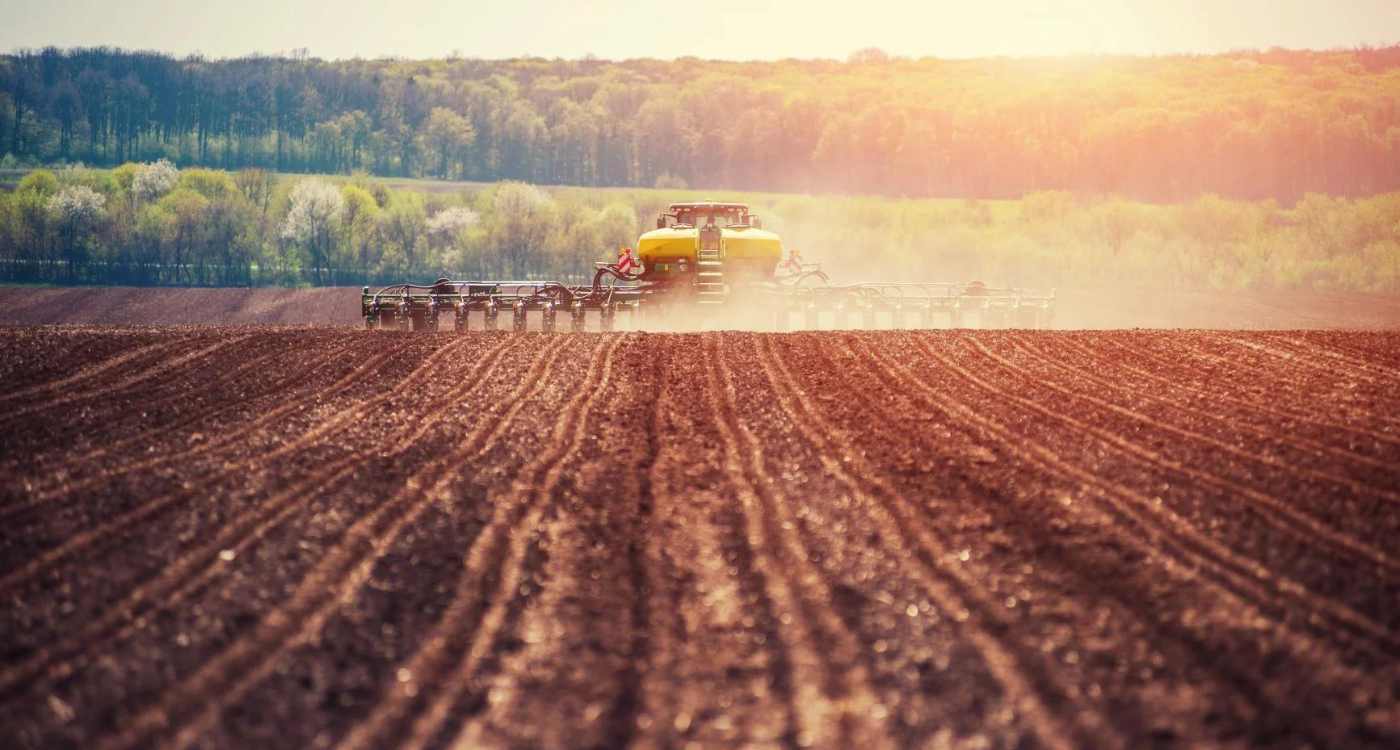
To succeed in these diverse agricultural opportunities, young individuals should go to colleges for agriculture and possess a range of skills and qualities:
- Technical Skills
Youth in agriculture should have a sound knowledge of agricultural practices, technologies, and equipment. They need to understand crop management, livestock husbandry, and the use of modern farming tools and machinery. Technical proficiency ensures efficient and effective farming practices.
- Business Skills
The ability to develop and manage a farming business is crucial for young agricultural entrepreneurs. This includes skills in business planning, financial management, marketing, and access to finance. Knowledge of market dynamics and trends helps youth create profitable and sustainable agribusiness ventures.
- Communication and Interpersonal Skills
Effective communication with farmers, agricultural professionals, government agencies, and the general public is vital. Young individuals should be capable of conveying information, building relationships, and engaging with diverse stakeholders. Communication skills also enable them to advocate for sustainable agricultural practices.
- Problem-Solving and Critical Thinking Skills
Agriculture is rife with challenges, from crop diseases to unpredictable weather. Youth must be adept at identifying problems, analyzing situations, and making informed decisions. Critical thinking and creative problem-solving are essential for developing innovative solutions to agricultural issues.
- Adaptability and Resilience
The agricultural sector can be demanding and unpredictable. Young individuals should exhibit adaptability and resilience, ready to confront challenges and adapt to changing conditions. Resilience is key to overcoming setbacks and pursuing long-term agricultural goals.
- Passion for Agriculture and a Commitment to Sustainability
A genuine passion for agriculture, coupled with a commitment to sustainable practices, drives young individuals to make a positive impact. Youth should be motivated by a desire to improve agricultural systems, promote sustainable farming, and contribute to food security.
The Youth Contribution to the Future of Agriculture

With the right skills, knowledge, and attitude, youth can make a significant contribution to the future of agriculture. Their involvement in agricultural tourism, environmental conservation, and agricultural engineering not only creates employment opportunities but also advances the sector in critical ways. Here’s how youth can help shape the future of agriculture:
- Sustainable Farming Practices
Youth bring fresh perspectives and a strong commitment to sustainability. Their passion for eco-friendly farming practices can lead to the adoption of innovative approaches such as organic farming, agroecology, and precision agriculture, all of which promote environmental stewardship and sustainable food production.
- Technological Advancements
In the field of agricultural engineering, young engineers play a pivotal role in developing cutting-edge technologies that enhance efficiency, reduce resource consumption, and optimize agricultural processes. Their innovations contribute to increased productivity and reduced environmental impact.
- Promoting Rural Tourism
Agricultural tourism initiatives led by youth not only create employment in rural areas but also stimulate economic growth and foster a deeper connection between urban and rural communities. These initiatives help to bridge the urban-rural divide, promote cultural exchange, and boost rural economies.
- Conservation and Biodiversity Protection
In environmental conservation, young individuals have the opportunity to work on projects that protect natural habitats, conserve biodiversity, and promote sustainable land management. Their efforts contribute to the resilience of ecosystems and the mitigation of climate change.
Conclusion
The realm of agriculture extends far beyond traditional farming practices, encompassing a diverse spectrum of careers that cater to various interests and skill sets. As the world faces challenges such as population growth, food security, and environmental sustainability, the demand for skilled professionals in agriculture continues to grow. Whether you are passionate about technology, science, business, sustainability, or education, there is a niche within the agriculture industry waiting for your expertise. By embracing these growth opportunities, you can contribute to the advancement of sustainable and innovative agricultural practices that shape the future of our planet.


